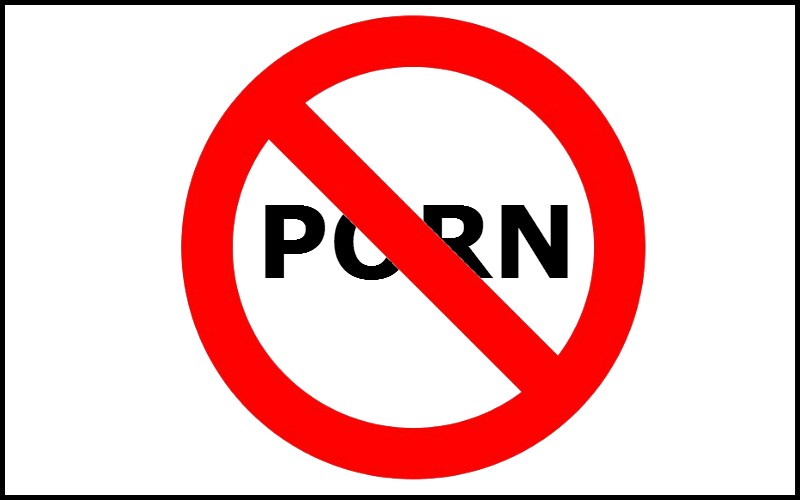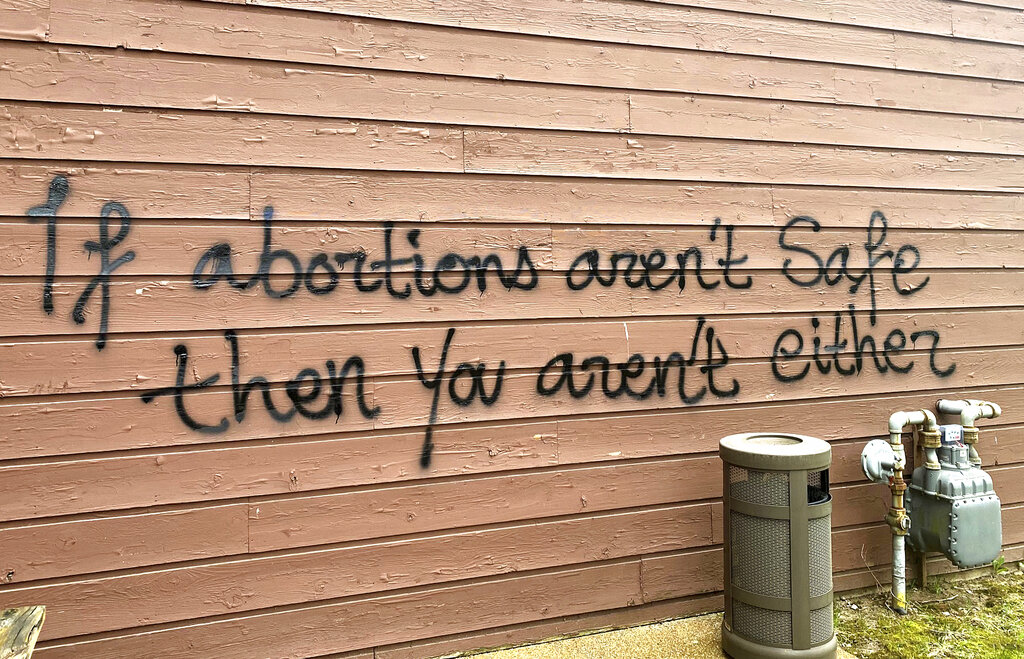In 1973, the U.S. Supreme Court decided in Miller v. California to uphold the prosecution of a California publisher for the distribution of obscene materials. In doing so, it established the test used to determine whether expressive materials cross the line into unprotected obscenity, which has made it difficult for prosecutors to challenge the issue in court.
Benjamin Bull of the National Center on Sexual Exploitation says the porn industry has since put itself on a pedestal.

"There have been no federal obscenity enforcement actions against online violators of federal obscenity law, and as a result, the online pornography industry has grown and grown and grown and become all the more aggressive in the kinds of pornography that is being spewed out," he laments.
The porn industry claims its content is protected by the U.S. Constitution, even when it features trafficked women and children.
"Obscenity is not protected by the First Amendment," Bull asserts. "In fact, according to the Founders, pornography wasn't even considered speech. So, the notion that obscenity's protected by the First Amendment is disingenuous at best and frankly a bald-faced lie at worst."
Last month, Senator Mike Lee (R-Utah) introduced the Interstate Obscenity Definition Act in an effort to provide a national definition of obscenity that would apply to content transmitted via interstate or foreign communications, implementing the standards established by the Communications Act of 1934. It would pave the way for prosecution and could essentially outlaw pornography.







